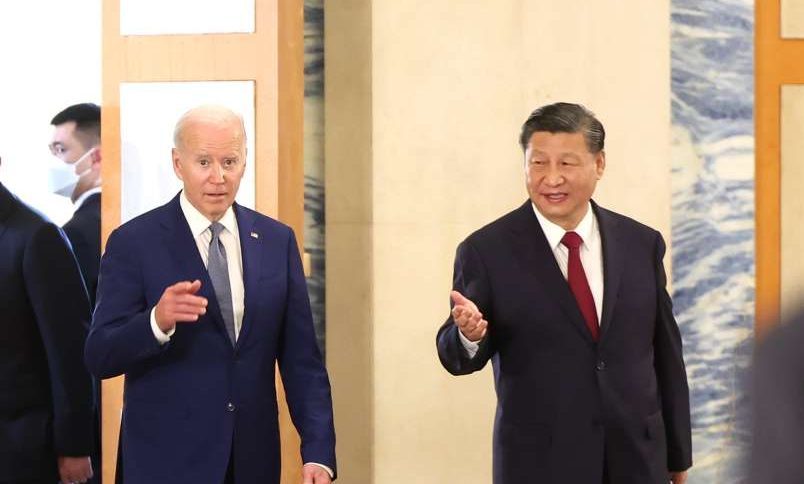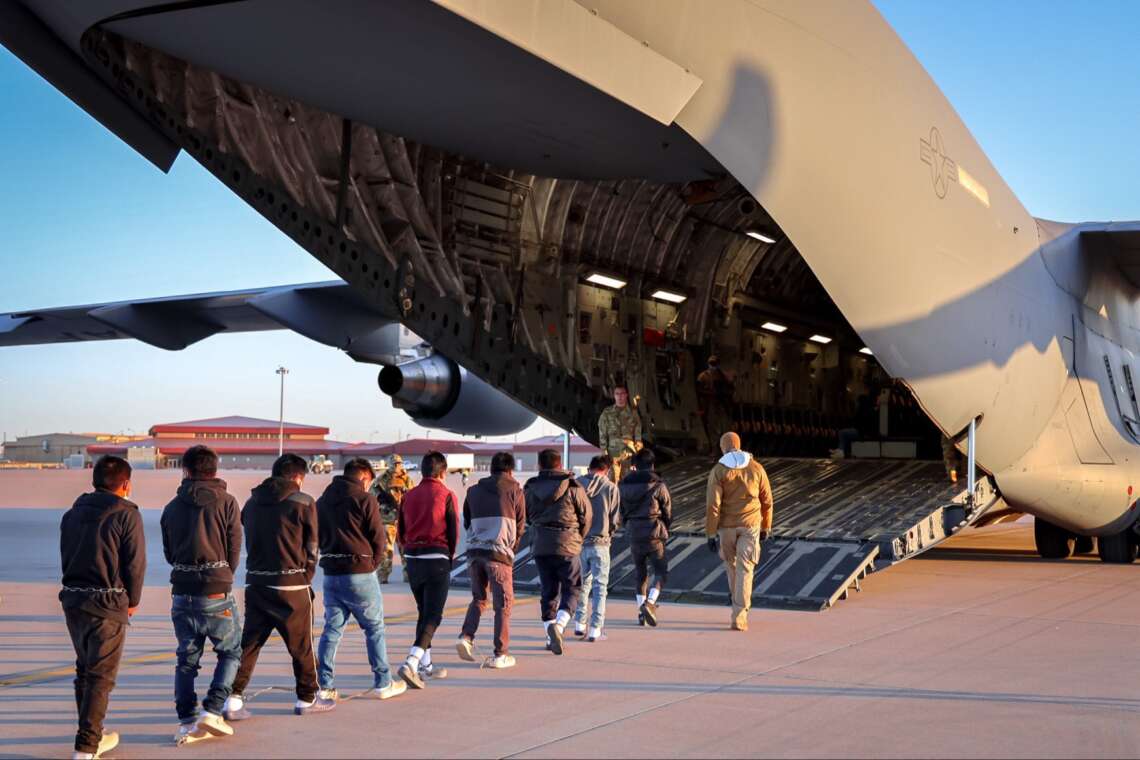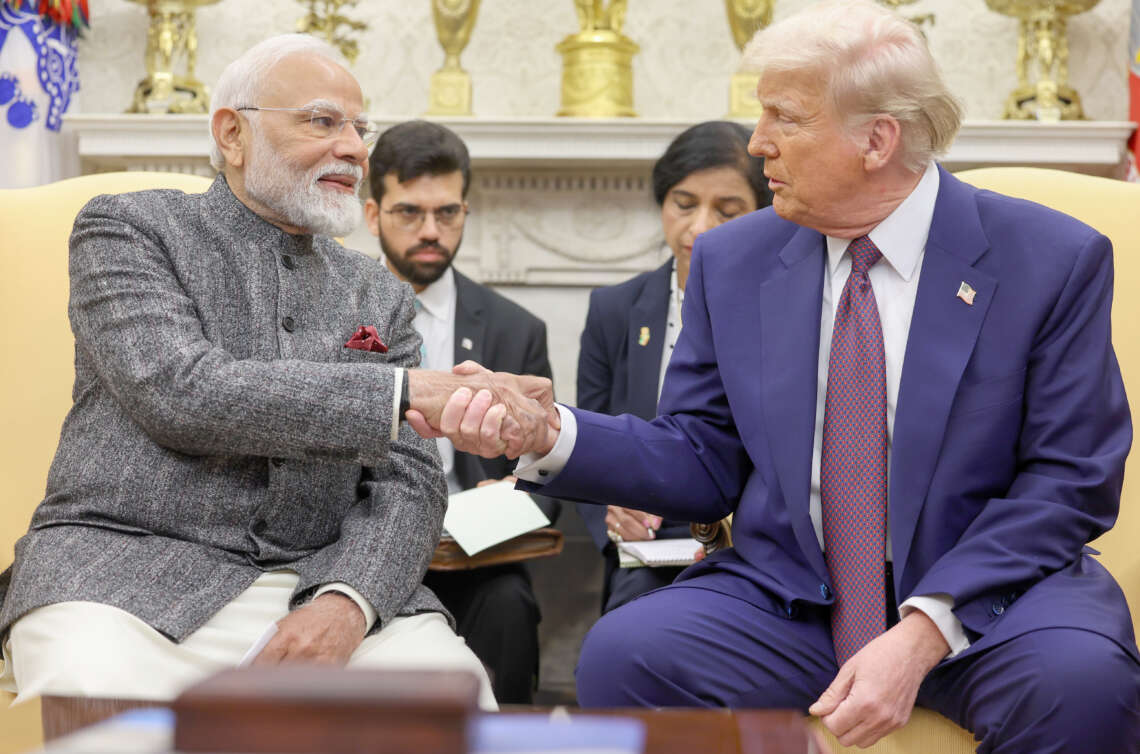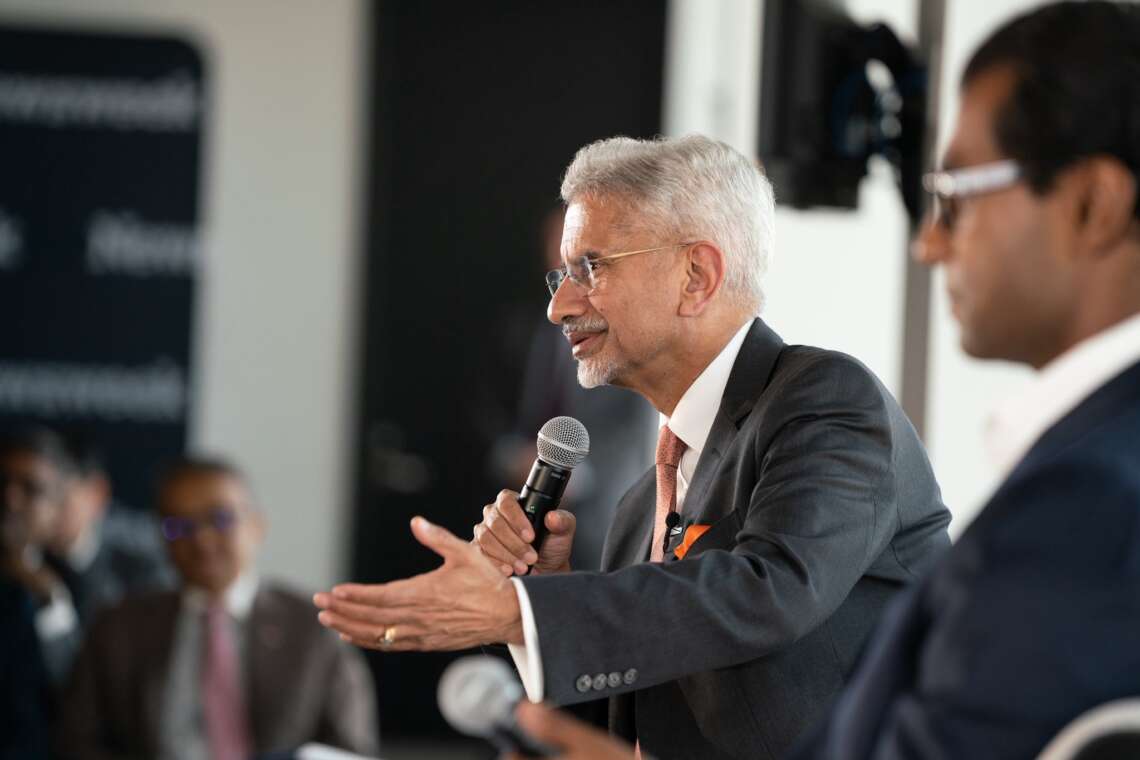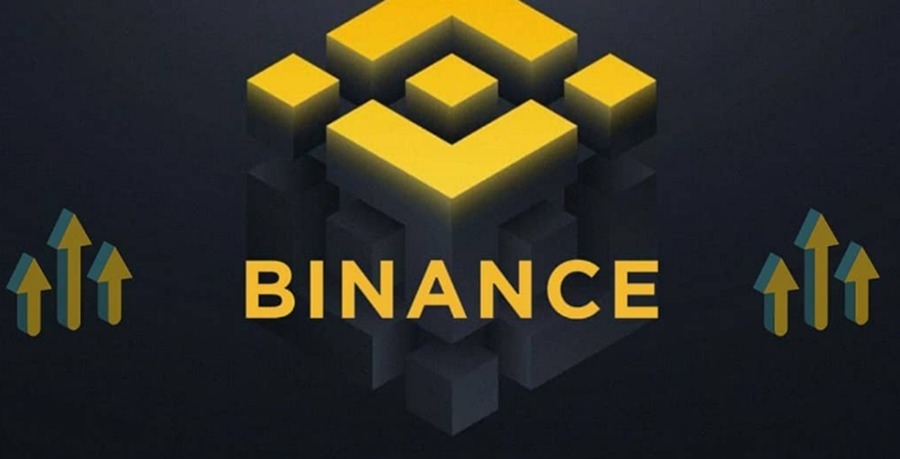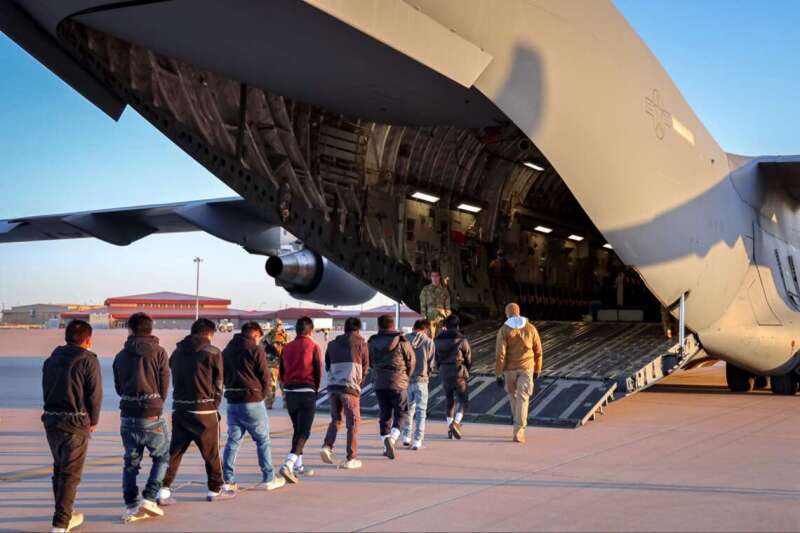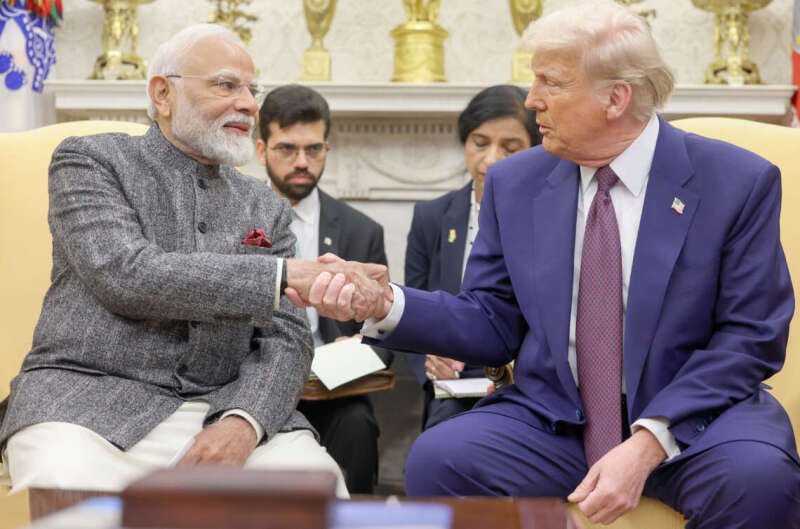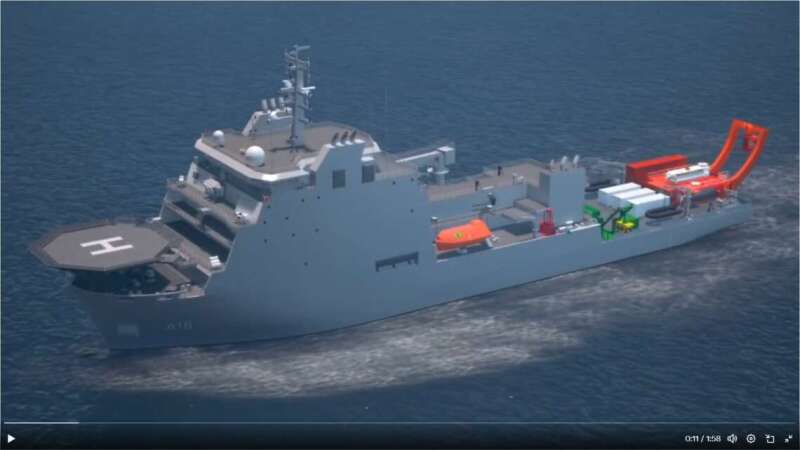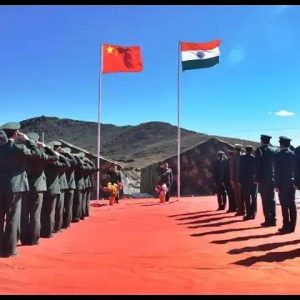The day Xi Jinping believes that there will not be a proportionate and kinetic response from the US, and Japan, to an armed attack on Taiwan, an invasion would be imminent, writes Prof. Madhav Das Nalapat

TINA, “There is no alternative”. This is the conviction that has underpinned much of US policy and action over several years. After Operation Desert Storm was successfully concluded against Saddam Hussein in 1991, President George H.W. Bush encouraged Kurds and Shias in particular to revolt against the weakened Iraqi dictator, only to stand by and do nothing when Saddam Hussein brutally extinguished such sparks of resistance.
Indeed, the Bush I administration helpfully withdrew its “No Fly Zone” across Northern Iraq so as to enable the sending of helicopters by Saddam to kill Kurdish villagers.
The trusting Kurds were slaughtered from the air, including in major population centres, without a twitch from the White House. Those US officials who had directly prompted the Kurds in particular to challenge Saddam broke off contact from those who were being chopped to pieces because they had believed in the promises of US support freely handed out after Desert Storm.
Despite such a betrayal, it was again the Kurds whose ground forces were instrumental in using US logistical help to defeat the ISIS in Syria and Iraq by 2014
President Trump rewarded this ally in the Global War on Terror by handing over control of Kurdish territory in 2019 to the very leader who had for long openly called for the extinguishing of the same Kurdish groups that had, with US help, battled and bested ISIS. A public record of the dealings between Turkish intelligence and ISIS has yet to emerge that may explain why the most deadly foes of Daesh were repeatedly labelled as “terrorists” by Erdogan.
But such a display of US unreliability as an ally was eclipsed by what President Biden did in 2021. Without a twinge of conscience, Biden abandoned to their sworn enemies hundreds of thousands of Afghans who had assisted US forces since 2001 in dealing with the Taliban.
Western media routinely interviews Taliban officials and tosses queries at them, the answer to which is obvious to the whole world (such as whether the present rulers of Afghanistan have no interest in educating women).
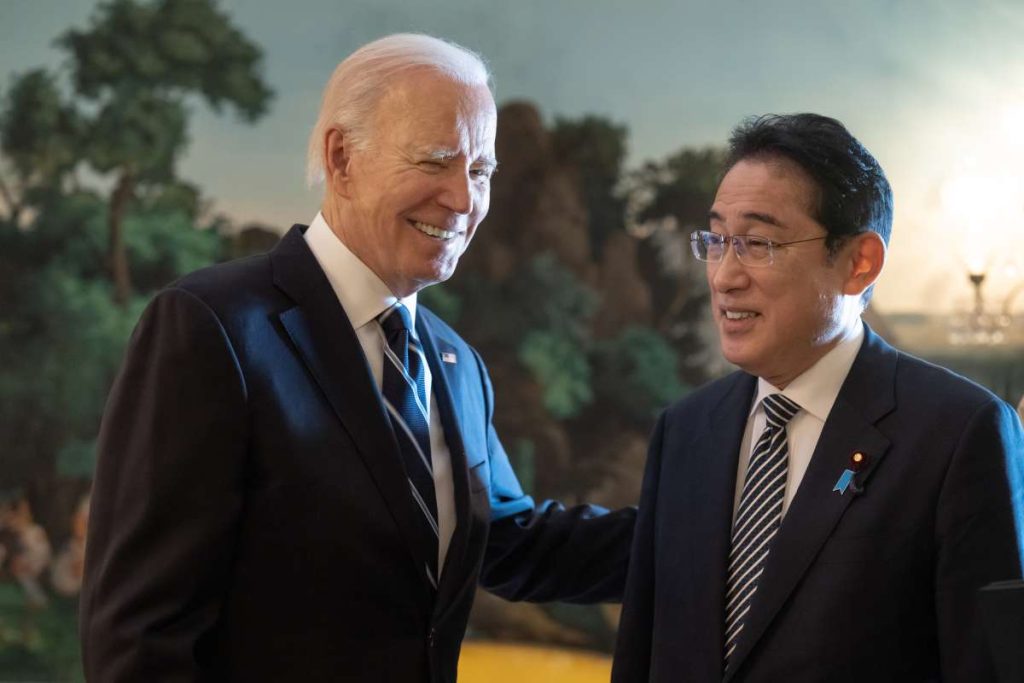
At the same time, western journalists in Afghanistan do not find the time to investigate the hundreds of families where the Taliban has executed individuals named in the lists of Afghans who cooperated with the US during 2001-14. Lists that were handed over to the Taliban by US authorities in 2021 ostensibly to protect them, but in effect, to seal their doom at the hands of a foe that neither forgets nor forgives.
Given such a record, it comes as no surprise that fewer and fewer policymakers in those parts of Asia most threatened by PRC expansionism place much trust in promises handed out by the White House of providing backing against that threat. India and Taiwan are two countries that are on the receiving end of PLA aggression.
In India, land and cyber space has been sought to be taken over, while in the case of Taiwan, aggression routinely takes place against that island nation’s air, sea and cyber space, coupled with almost daily threats from some CCP outlet or the other of an impending land assault.
No less a personage than Morris Chang, the founder of TSMC, the world’s leading maker of computer chips, said in a public meeting in Taiwan on 16 March that the US does not consider Taiwan to be a friend where “friendshoring” is concerned. Rather than seeking to decouple from China, the US President has said that what he seeks is not decoupling (from China) but “de-risking”.
Add that to the many comments expressed in public and private by US officials of the “risks” in investing and operating in Taiwan, and it will be clear that the present US administration is reacting in the way Jawaharlal Nehru did when told of the extent of the Chinese advance in the Northeast, that his heart “went out to the people” of the region but not it his military aircraft and fresh tanks and artillery. The day Xi Jinping believes that there will not be a proportionate and kinetic response from the US (and therefore Japan) to an armed attack on Taiwan, an invasion would be imminent.
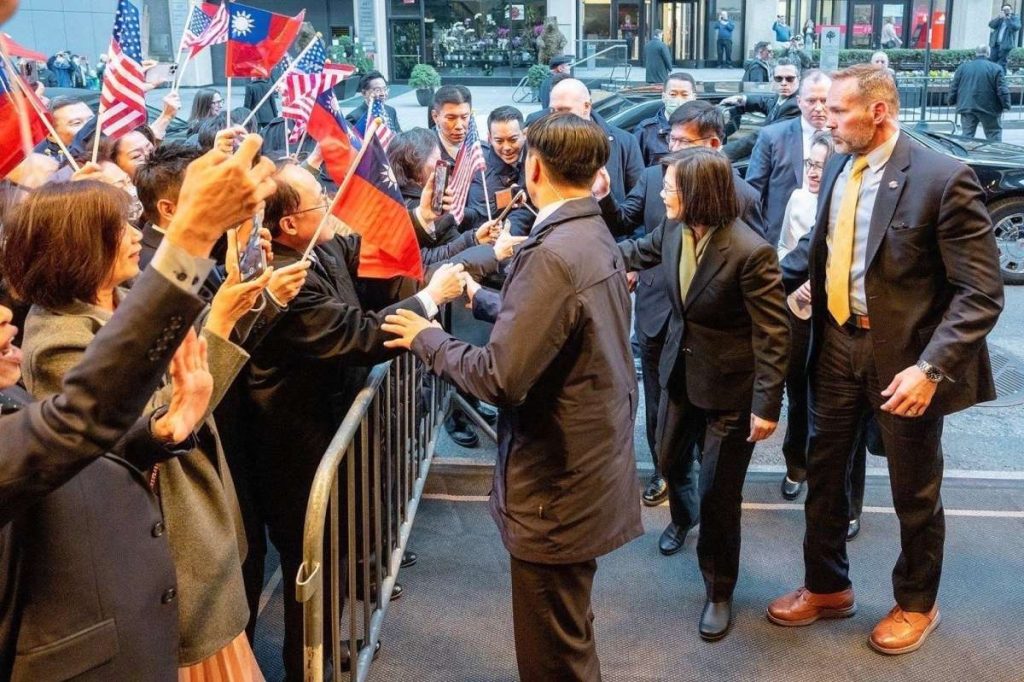
And the longer and more deadly the proxy war between Russia and Ukraine becomes, the greater will be the chance of that day arriving. Ukraine has been given free of cost more weapons and other military assistance during the past fifteen months than the weapons that Taiwan has been sold by the US during the past fifteen years.
Not only has the country that is essential to the defence of the Indo-Pacific been sold rather than gifted weapons in the manner Ukraine has, but not just the quantity but the quality of such equipment is vastly inferior to that handed over to the Kiev regime. A man is judged not by words but by deeds.
Why Taiwan matters so little in substantive action (as distinct from words) to Joe Biden and to his other partners in NATO, and Ukraine so much more is a question that folks in Asia, Africa and South America believe has an obvious answer., although hopefully they are wrong They point to divergence in ethnicity between Taiwan and Ukraine combined with what they regard as a palpable fear of China.
If there is to be a deterrent in the form of security assistance to the target countries facing Xi’s expansionism, this has to be provided now and not when it is too late to prevent the PLA from launching a comprehensive assault on targets such as India, Vietnam, the Philippines or Taiwan. It’s Cold War 2.0, President Biden, Cold War 1.0 got over in 1991. Catch up on reality before it is too late.


